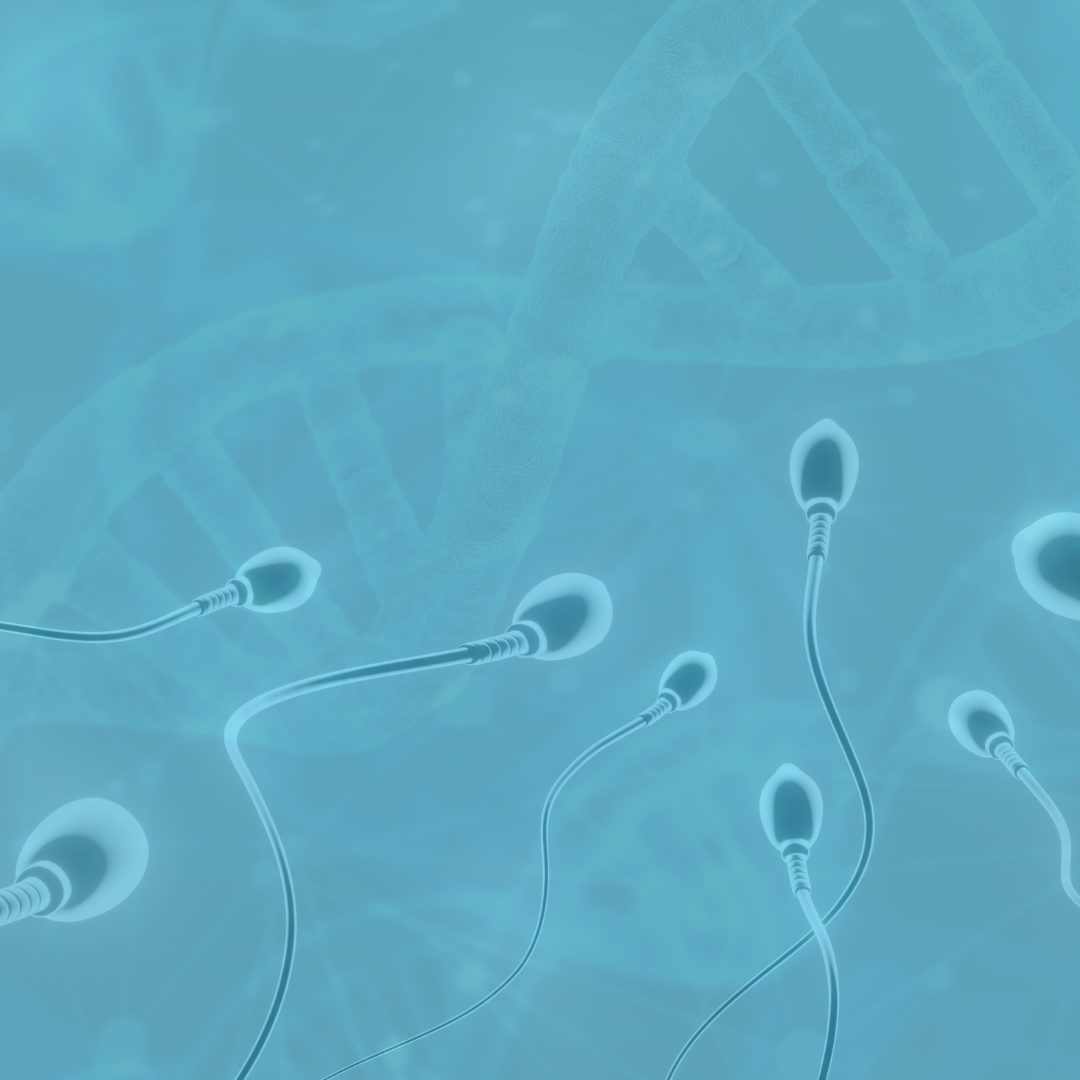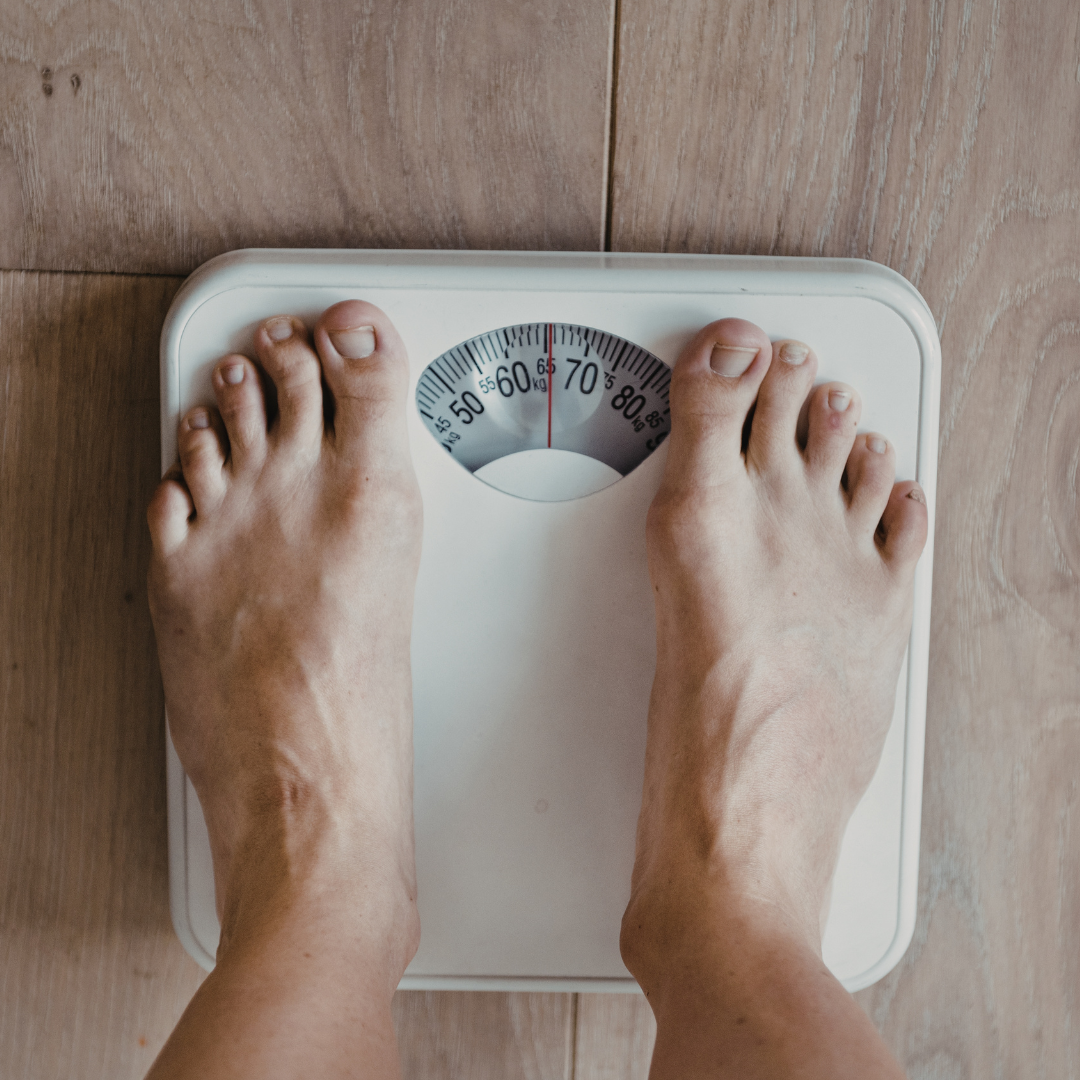Oxidative stress is a term that is often referred to when talking about fertility; but what’s it all about?
Within this article we want to explain the essentials of oxidative stress (in simple terms that we understand too) and why it’s so important.
In very simple terms Oxidative stress is a measure of the balance between reactive oxygen species (ROS, also sometimes referred to as free radicals) and anti-oxidants. Where the balance is towards higher levels of ROS then this shows the body is in oxidative stress.
Reactive oxygen species (ROS) are molecules that contain an uneven number of electrons; this makes them unstable molecules. Their instability in effect means they go around looking to gain electrons from other “stable” molecules. This can in turn, if uncontrolled, create a cascade effect of increasing oxidative stress which has a negative effect on our health. High oxidative stress is related to many health conditions including diabetes, heart disease, inflammation, high blood pressure and infertility.
Reactive oxygen species are a very natural part of our physiology. It’s part of our bodies processes of cell degradation and regeneration. There are some benefits to ROS but we have to stay within a healthy range. It’s all about balance.
The key to keeping this balance is the role of anti-oxidants. These are molecules that have an extra electron that if lost means they won’t become unstable. Think of these as the good guys going around fixing the bad guys by dishing out their electrons.
Why does this matter so much for fertility?
Sperm are one of the smallest cells in the body which means they are going to be incredibly vulnerable to ROS. The impact of oxidative stress on sperm quality is significant and importantly has also been shown to affect the DNA integrity within the head of the sperm (sperm DNA fragmentation).
Poor sperm quality is going to affect any couples’ chances of trying to conceive both naturally or through assisted reproductive treatments. Sperm DNA fragmentation is well known to cause failed IVF cycles and recurrent miscarriage.
What are the most common causes of oxidative stress?
Anyone who’s been trying to conceive for a while will no doubt have found lists of foods and things to avoid when it comes to keeping fertility healthy. For men this sometimes seems a bit irksome and questionable, but research shows it’s true and important.
Some of the main factors that increase oxidative stress are:
- Processed foods, especially those high in poor fats, sugars and additives
- Fried, burnt and BBQ’d food
- Alcohol
- Caffeine
- Smoking
- Recreational drugs
- Environmental pollution
- Radiation (think sunburn)
- Excessive heat
What to do about oxidative stress?
It of course naturally makes sense to limit anything from the list above, but we can also add things into our lives that will help increase our level of anti-oxidants in order to counteract oxidative stress.
Diet is one of the easiest ways to do this. Nature in effect provides all we need to live a balanced and healthy life.
Foods that increase anti-oxidants include:
- Fresh fruit and vegetables
- Oily fishes which are high in essential fatty acids
- Dark leafy greens
- Lean cuts of meat rather than saturated fatty meats
Exercise, good sleep, hydration and reducing stress also play a role in managing oxidative stress in the body.
Surely I can just take anti-oxidants to fix things?
Anti-oxidant supplementation definitely has it’s place and can be incredibly powerful. Evidence from the use of Proxeed and testhim m+ is very positive however there is a note of caution when it comes to anti-oxidant supplements. The blanket / blind use of anti-oxidants can be just as detrimental to fertility as oxidative stress or at least just a waste of money.
Oxidative stress is about the balance between ROS and anti-oxidants. When someone overuses anti-oxidant supplements or uses them when they’re not needed they can push the body into what is known as “reductive stress”. This is where the amount of anti-oxidants outweighs the ROS. Remember we said that there are beneficial elements to ROS well part of that is your immune system and sperm production! So, putting yourself into reductive stress could be just as bad.
How do I know if I have high oxidative stress?
A simple test that can be run alongside a semen analysis and off the same sample is all it takes. By taking a minute drop of the sample and passing an electrical current through it you can find out what level of oxidative stress is present. The Mioxsys machine does this and gives a reading of oxidative reduction potential (ORP). If this is over a certain level it’s s strong indicator of oxidative stress and that anti-oxidant supplementation will help. If below this level then anti-oxidants will do nothing.
Unfortunately though this isn’t currently available on the NHS so will have to be sought privately.
Oxidative stress is only one part of the picture and needs to be taken into account amongst a more comprehensive history looking at many aspects of a man's health and fertility. We therefore recommend seeing a Urologist with male fertility experience who can take a full history and look at all other potential causes of oxidative stress and reduced fertility.
The key as always is for men to get properly tested and investigated.


















